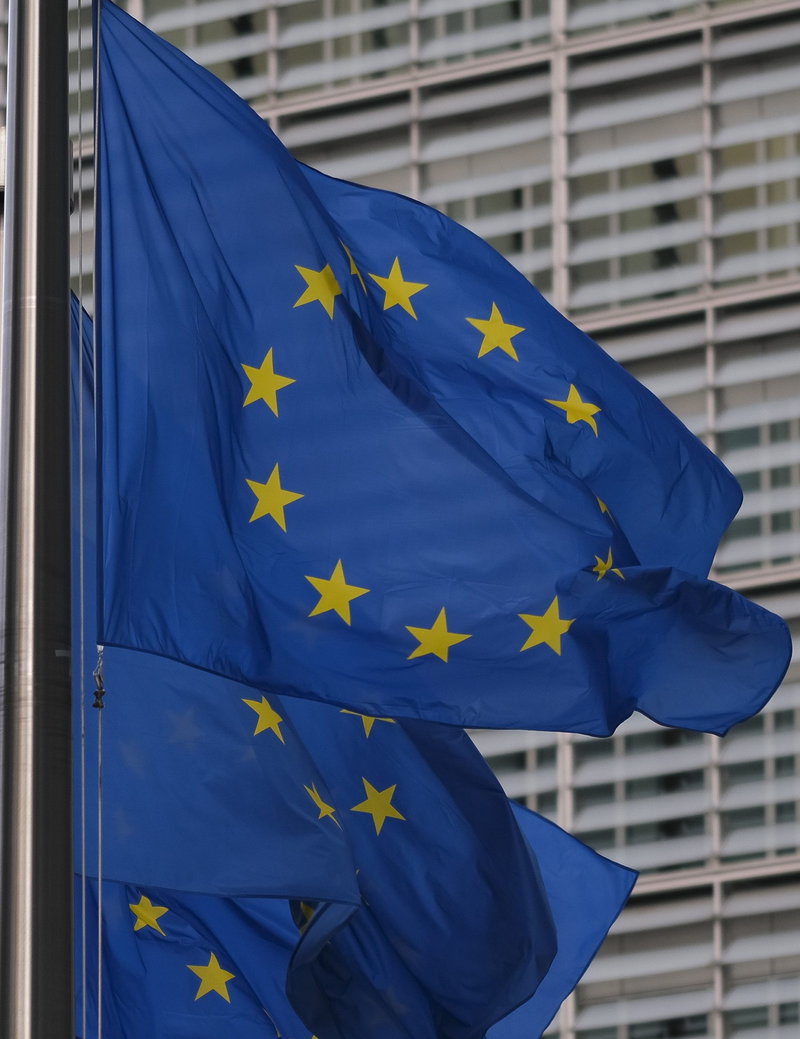One treaty, two standards
To deal with the severe economic downturn resulting from the financial crisis of 2007, and exacerbated by the Covid pandemic of 2020, the European Council approved a large package of funds to be distributed among EU member states. Respect for the rule of law was established as a condition for the allocation of this money. Thus, the funds to Poland were called into question because the Constitutional Court of that country ruled that its law prevailed over European law.
In fact, Article 2 of the Treaty on European Union states that this political entity is based on the principles of democracy and respect for human rights. So an observer of the political events of the past few years in Spain might wonder why the actions initiated against Poland have not been applied in Spain, since in recent years in Catalonia there have been the worst mass human rights violations in the last decades in Western Europe.
Human rights violations have been denounced by international organisations such as the Council of Europe, which compared the way in which Spain and Turkey use lawfare against Catalan and Kurdish politicians, respectively. Also, the rapporteur of the United Nations for national minorities criticised Spain. The MEP Junqueras, despite the ruling of the ECJ on his immunity, has not been able to take up his seat in the European Parliament due to the opposition of Spain. Likewise, the exiled MEP Puigdemont has been told that if he returned to Spain he would be arrested because Spanish law prevails over European law.
Spain is moving further and further away from the rule of law. The democratically elected president of Catalonia Torra was dismissed by the Spanish state for having hung a banner calling for the release of political prisoners and exiles! On the other hand, the recent inquisitorial action of the Tribunal de Cuentas recalls the times of Franco’s repression.
Along with this judicial crusade against the Catalan pro-independence movement there is the global disinformation campaign to disguise Spain as a “full democracy”. Among the countless lies that have been told are Russia’s alleged involvement in the Catalan independence process. It was even reported in the New York Times in a September 2021 article based on a report by the European Union’s intelligence services. However, on December 2, 2021, the High Representative of the European Union for Foreign Affairs had to admit that this report did not exist.
In this context, international political observers have been aware of what is happening in Catalonia since the Spanish police attacked voters on October 1, 2017 and the repression of the Catalan Republic proclaimed on October 27 of the same year. Thus, when the European Union rightly criticised authoritarian states such as China, Russia or Turkey for flagrant violations of human rights, it had to hear accusations of applying “double standards”, as it does not avoid serious human rights violations against the Catalan national minority in Spain. This is damaging the EU’s reputation and if it persists, will lead to its disintegration.
Former US President Bill Clinton said in Barcelona 20 years ago that “the future will be either Catalan or Taliban”, meaning that democracy or barbarism would win. In 2021 unfortunately the Taliban regained power while the oppression of the Catalan people worsened. Is it the end of history? Not at all, but democracy must be strongly defended. The Catalan people have been fighting for three centuries to recover their freedom, they chose self-determination in 2017 and the path to independence lays open before them.

